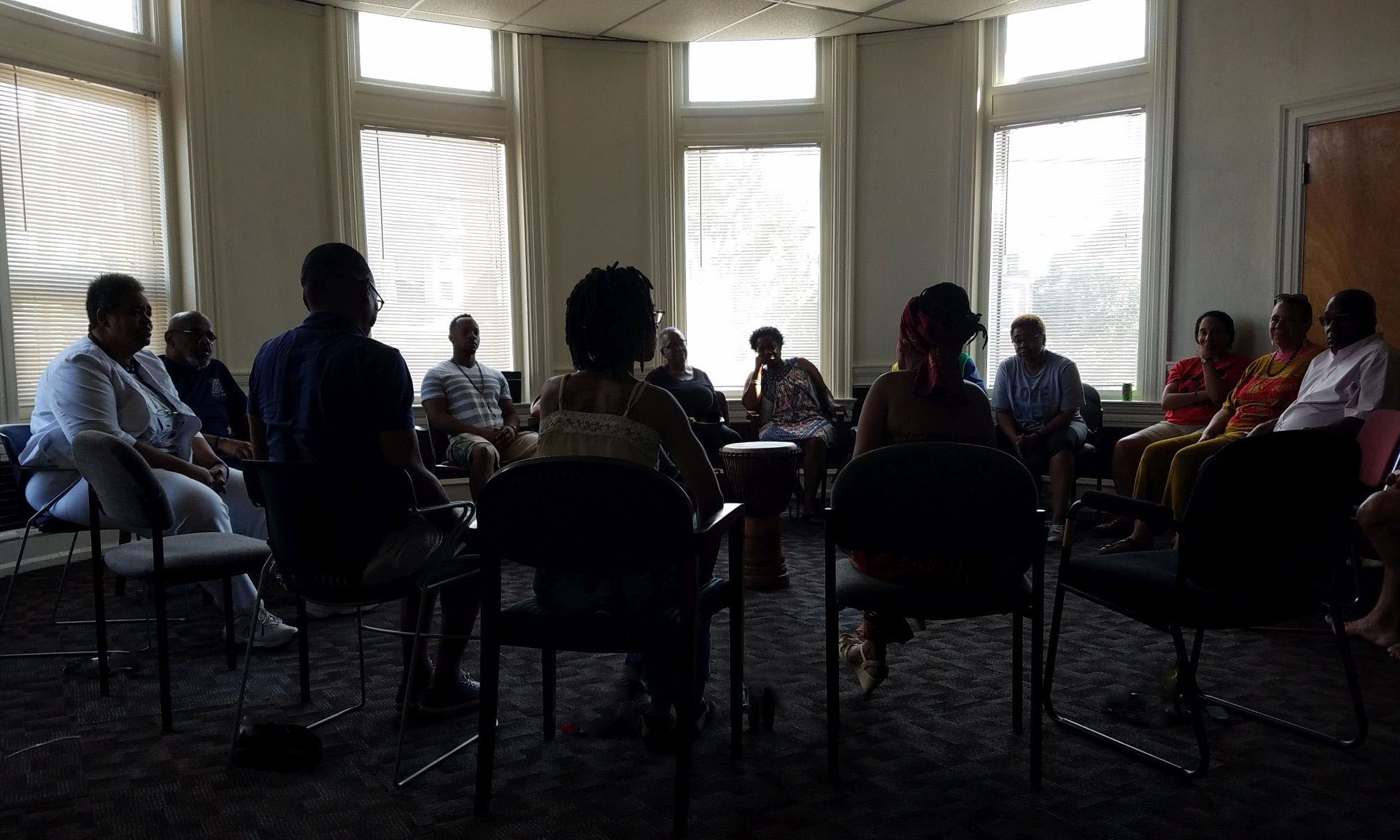As those of us in the United States witness the media portrayal of high-profile police violence and the resulting racial tensions, we are moved by our compassion for our communities to call for action that will lead to justice and respect, particularly for black men but also for black women and children in America. We stand with those who have identified bigotry, structural racism and state sanctioned violence as historical and continuing sources of senseless suffering and death among our people.
We grieve the loss of any human life, including the lives of police. However, the presence of the police too often seems like an occupying force designed to protect and serve an invisible elite instead of protecting those who reside in our communities. We also recognize that the violence and tragic killing of innocent civilians have touched so many in our communities. We believe that these evil forces cannot be overcome through retribution and retaliation, and can only be overcome through respect, resources and love. Jesus taught us that the love of God and our neighbor is the greatest commandment.
The problems of racism, militarism and violence that we face are rooted in the deeper, less recognized sicknesses of materialism and greed. From the slave trade and plantation economies of the American south, to the terroristic subjugation of Jim Crow, to the modern-day profits of miseducation and mass incarceration, racial stereotypes have been used to mask and justify the exploitation and denial of economic human rights to people of African descent. As a result, these communities are under-resourced, as is evidenced by the lack of jobs, healthcare, quality education and decent housing. In the absence of real opportunities for employment and economic self-sufficiency underground economies rise up in our communities to fill the gap. People in these economies are criminalized and prosecuted even though they are only seeking to provide enough resources to support their families. We realize that we cannot have a meaningful conversation about ending racial oppression without also addressing classism, joblessness and wealth inequality.
In response to these realities, we, as Quakers and as people of African descent call for the following:
- PEACEFORCE. The training, support and employment of a “peaceforce” consisting of police officers and community based peacekeepers, none of whom are armed. The peacekeepers will be local residents who have the community relationships and street credibility (especially with young people) to cultivate the capacity and inclination for the use of non-violent methods for de-escalating conflict. [Returning citizens are an important resource for this work.]
- PEACE CENTERS. The development and support of ‘peace centers” in our communities which will provide safe havens and educational, cultural and recreational opportunities for young people in our communities. Quaker Alternatives to Violence trainings can be redesigned to be rooted in the cultural experience of African people. These centers will also function as spaces where Quaker worship and values can be modelled and developed.
- COMMUNITY TRAINING. Police training will be ongoing and consistent including sub-conscious bias training that is not just academic but rather is community based. Police departments need to revamp their training so its members are trained to deescalate potentially dangerous situations and are not expected to “shoot to kill” in every situation they consider dangerous.
- DISARMAMENT. Promoting the disarming of our communities (including segments of the police force responsible for minor offenses) through the elimination of handguns, rifles and automatic weapons. We realize that this goal is long term and will require a cultural shift from our current reliance on violence to solve social problems. However, we believe that we are all safer without guns than with them.
In the words of the poet, Nikki Giovanni, “Black love is Black wealth.” We as Quakers of African descent are making a personal commitment to these ends and invite others to join us in this effort. We call on Friends’ organizations to use some part of our substantial corporate investments to support this work.

